IT questions to ask when hiring a new team member.
Every business now relies on IT for most of its processes, and those who want to become industry leaders are using technology to automate and streamline as many operations as possible. But if your team members cannot use IT effectively, any investments will fail to yield the expected benefits.
If your business wants to succeed, you must stop hiring IT-illiterate team members.
Under-skilled employees are a vast resource drain
The reality is that team members without basic IT skills cost your business twice. First, there is the productivity gap where incapable team members cannot use IT systems correctly, directly affecting their output.
Second, there is the cost of training these people to a standard where they can use computers and IT services at the most fundamental level. And even then, there is no guarantee that they will keep up with developments, instead falling behind repeatedly as they fail to maintain pace with their more IT literate colleagues.
Microsoft Word is not an IT skill
Fifteen years ago, using Microsoft Office was a CV-worthy skill, proving that workers had basic IT skills. But in the age of online collaborative technologies, the ability to type a letter using Word or create a spreadsheet in Excel is no longer a big deal. In fact, with students taught to use productivity suites from primary school, you should be able to assume that everyone can put together basic documents, spreadsheets and presentations.
And if you encounter a job applicant who boasts about their experience using Microsoft Office, you should hear alarm bells – these are not the achievements of someone with current IT skills.
A modern computer-literate team member should have experience using SaaS (Software as a Service), or Cloud computing. Ideally, you are looking for evidence of their abilities using Google Workspace, Microsoft Office 365, Facebook for Work, Slack, Salesforce or other online business services in previous roles.
Asking the right questions at interview
It is vital that you identify the IT illiterate during the interview to avoid making a costly hiring mistake. Aside from the Microsoft Office issue, you need to ask a number of questions to assess whether applicants really know what they are talking about, so you need to find out their level of knowledge and experience with Cloud services. You can do this by asking questions like:
How do they use IT in their personal life? You are looking for answers that demonstrate familiarity with Cloud services like Netflix to stream movies, instant messaging to communicate with friends, or even running their own blog.
Do they own a smartphone? Effectively the basic unit of computing ability, if an applicant does not own a smartphone, their skills will be lacking, and you should not consider them further. If they do, ask more questions about how they use their phone to ensure they do more than make calls!
What is their favourite app? A candidate who chooses Facebook, or another social sharing app, will understand Cloud services well, even if they don’t realise it. Sharing photos, sending instant messages and accessing information via Facebook are very similar to those used by Cloud-based business tools, dramatically reducing the time and training these individuals will need to become productive.
What do they think of your company website? Simple question, but it helps weed out poor candidates. It shows they have done basic research on your business, confirming they know how to navigate and access websites.
What is the difference between "reply" and "reply all" when replying to an email? A question that finds out if the candidate knows the basic of email. You could also ask them to define the difference between "CC" and "BCC".
Who do they use for email? An applicant who uses anything but Gmail could prove problematic further down the line - read on to learn why.
These answers will help you quickly identify someone’s level of IT competence. If they don’t have a PC/laptop/tablet at home, or at the very least a smartphone, how can you expect them to be competent with your corporate IT systems?
And as strange as it may seem, a person’s choice of email provider says a lot about their IT skills. Those choosing Yahoo or Outlook tend to be behind the times. Gmail users tend to understand Cloud and collaborative tools better as these features are available with their account. And if they are experienced in using modern Cloud-based collaborative tools, they are ready to join your workforce.
With the growing consumerisation of business applications. The more tech and Cloud services a candidate uses in their personal life, the better for your business, and the lower any associated training costs will be.
What about existing staff?
If your business has the time and the money, you could pay for IT training sessions. But will these staff members stay long enough in your business for you to get a return on the investment?
In reality, existing employees who cannot use IT properly are holding your company back and increasing costs. In fact, they are probably unable to discharge their contracted duties properly.
It's a tough call, but for the sake of your company, you need to let them go. Otherwise, your growth will always be limited by the weakest link in your organisation – your IT illiterate-employees.
